-
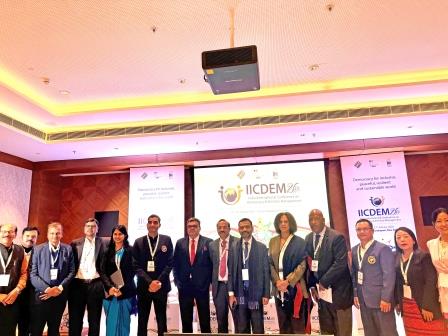 Team Arunachal Pradesh participates in IICDEM 2026; leads thematic…
Team Arunachal Pradesh participates in IICDEM 2026; leads thematic…
-
24hr bandh hits normal life in Lower Subansiri
-
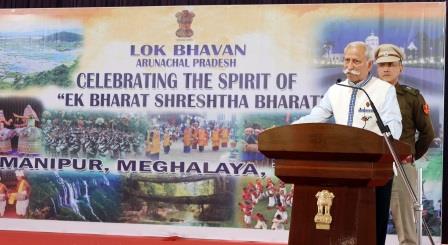 Lok Bhavan celebrates State Foundation Day
Lok Bhavan celebrates State Foundation Day
-
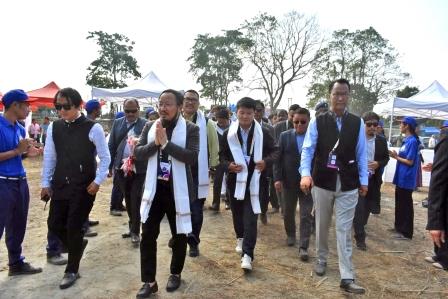 Arunachal Yuva Samanvay 2026 underway in Namsai
Arunachal Yuva Samanvay 2026 underway in Namsai
-
DA conducts Keyi Panyor Suvidha outreach campaign
-
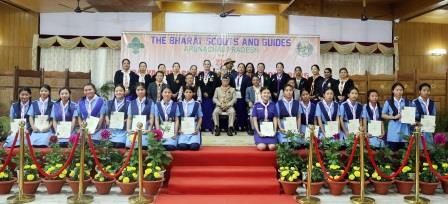 Governor confers BSG Rajya Puraskar
Governor confers BSG Rajya Puraskar
-
Pongte stresses use of technology in law-making
-
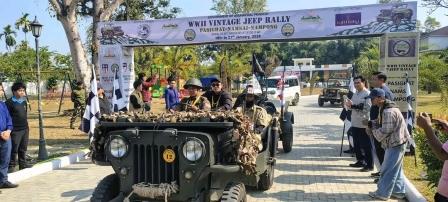 Vintage Jeep & Bike Rally commemorates end of World War-II
Vintage Jeep & Bike Rally commemorates end of World War-II
-
ARC partners with AITF, apex CBOs to lead strategic dialogue
-
Dibang Valley administration reviews progress of ongoing schemes
The opening of a ‘Jal Shakti Kendra’ at Yupia is a step in the right direction. The JSK will act as a knowledge centre for the dissemination of information to the public related to water conservation and technical guidance on appropriate rainwater harvesting structures. It will also function as a support centre for the Papum Pare district administration on water-related issues including plan preparation.
Water has become a scarce commodity even in rural Arunachal. Small towns are facing water crises and the problem grows exponentially in urban pockets including the state capital where rationing of water to an hour or two has become the norm. The state is also solely dependent on rainfall for its agriculture and a shortfall shakes this delicate balance. In 2021, Arunachal Pradesh witnessed the highest deficit rainfall resulting in drought-like situation across at least six districts – East Siang, Lower Dibang Valley, Lohit, Namsai, Changlang and Tirap. Farmers’ dependence on monsoon rains makes them totally helpless.
The central government launched the ‘Jal Shakti Abhiyan: Catch the Rain’ campaign as a Jan Andolan (mass movement) to encourage water conservation at the grassroot level via active participation of people. Rainwater—collected in the 4-5 months of monsoon—is the only source of water for most parts of the country. So, this scheme is aimed to mandate all stakeholders to build rainwater harvesting infrastructure, according to the climatic conditions and subsoil strata in a particular area, to ensure proper storage of rainwater.
Political will and citizen consciousness will go a long way in water conservation and rainwater harvesting which will alleviate water stress. Emphasis must be on sensitizing people on sustainable drinking water and sanitization. Wastage of water, pollution of water bodies, etc can be minimized greatly if we develop a sense of responsibility. The Water Crisis has taken on an ominous form. According to the Economic Survey, by 2050, India will be in the global hot spot for ‘water insecurity.’ Water crisis and its conservation are pressing concerns that need action right now.

Kenter Joya Riba
(Managing Editor)She is a graduate in Science with post graduation in Sociology from University of Pune. She has been in the media industry for nearly a decade. Before turning to print business, she has been associated with radio and television.
Email: kenterjoyaz@easternsentinel.in / editoreasternsentinel@gmail.com
Phone: 0360-2212313

